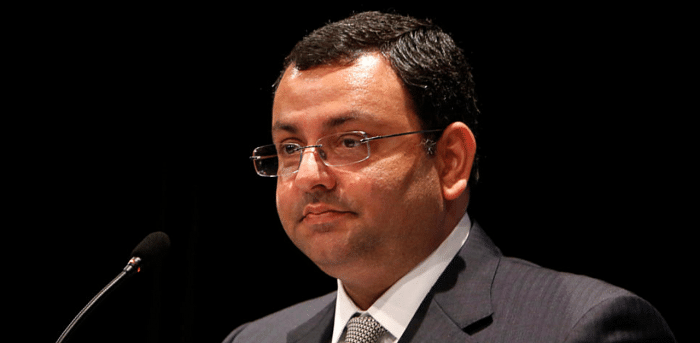
The Shapoorji Pallonji Group has moved the Supreme Court seeking a review of its March 26 judgement that rejected the group's case against the Tatas, saying the judgement has "patent errors", strikes at the core of the Companies Act and is a complete miscarriage of justice on the right of minority shareholders front.
The Mistrys are saying the reasoning behind the apex court judgement, authored by a three-judge bench headed by the then chief justice S A Bobde, is so egregious that it warrants a review.
The judgement is contrary to both the Companies Act, 2013 and the statues because it justifies the Tata group breaching its own articles of association while removing Cyrus Mistry as chairman, thus leaving the whole judgement inherently contradictory, it said.
This review petition seeks to set right the errors apparent on the face of the record because if these are unaddressed, it will significantly impact the rights of all other minority shareholders and erode statutory protections accorded to them under the Companies Act, says the petition filed on April 24.
These patent errors not only lead to miscarriage of justice but also strike at the core of the legal safeguards guaranteed under the new 2013 companies law, it said.
The petition follows the March 26 Supreme Court order that dismissed all pleas of the SP Group and set aside the NCLAT order of December 2019 that reinstated Cyrus Mistry as the chairman of Tata Sons.
The review petition, which is yet be admitted, lists out what it calls several "patent errors" in the judgement.
Listing out contradictions in the judgement, the petition says, on one hand, it held that removal of a director "can never be oppressive or prejudicial", but on the other it held that where the removal is oppressive, relief can be granted -- but not to this petitioner.
This is relevant because if one of these two approaches is to be accepted, then SP Group's complaints will fall within the formulation of the law even as laid down in the judgment, says the petition.
The judgement also terms the fact-findings by NCLAT to be perverse by ignoring them all together, even as it acknowledged that the legal standards have to be met before a court of law can interfere with such findings.
What is more, even the Tatas did not seek to call any of the NCLAT findings as perverse, notes the petition.
The judgement says Mistry was not a managing director of Tata Sons but only the executive chairman and therefore shareholders' resolution was not required for his removal, it added.